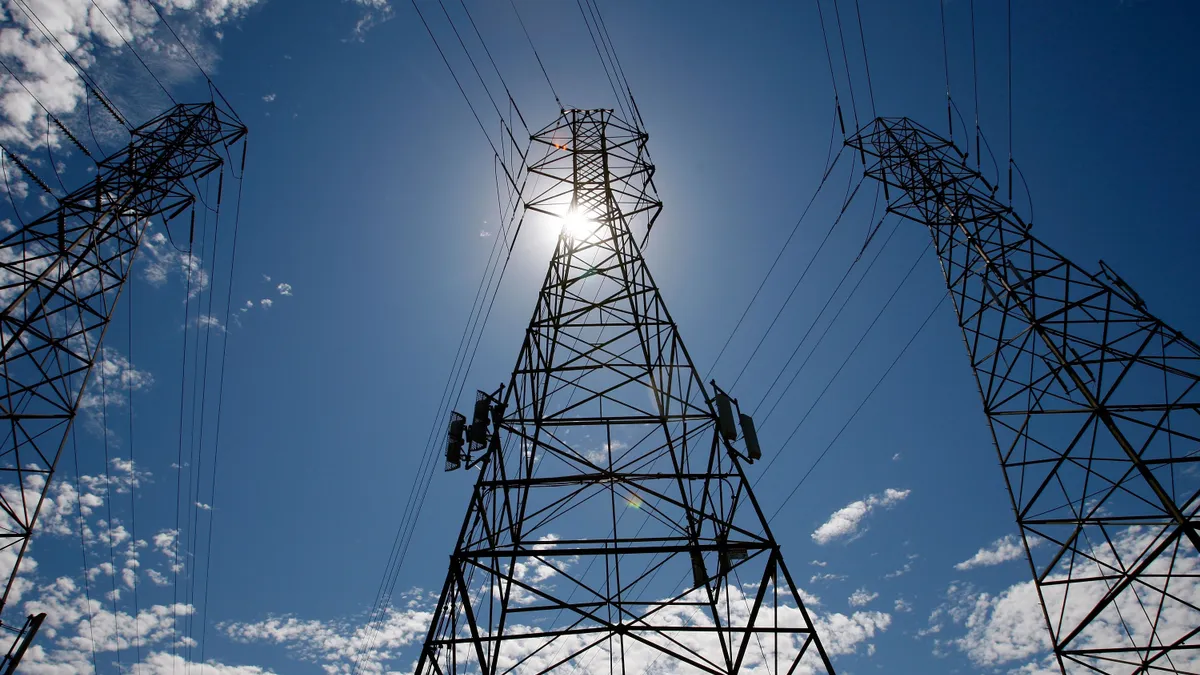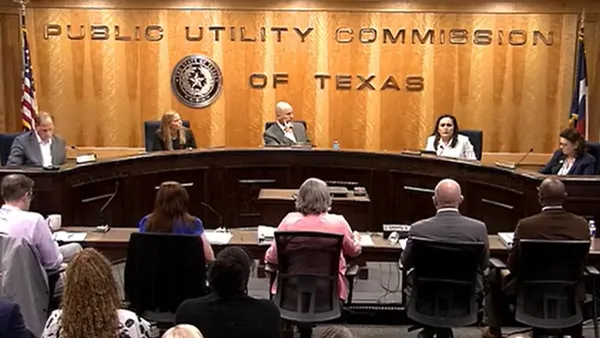Dive Brief:
- New analysis from the University of Chicago's Harris School of Public Policy finds organized power markets save about $3 billion annually in generation costs, largely by ensuring lowest-cost units are dispatched when needed.
- About two-thirds of the United States' generation is sold in organized markets; the new research aims to inform states considering joining or leaving markets of the potential costs.
- Researchers say they developed a "virtually complete hourly characterization" of the U.S. electric grid supply and demand from 1999 to 2012, to reach their conclusions. An animation of the simulation is online here.
Dive Insight:
Markets aren't perfect, and they can be subject to manipulation, but research from the University of Chicago concludes they are still better at producing cheap power than regulated systems. They reduce the cost due to using more expensive units by nearly 20% annually, and increase the volume of power available for trade.
"Despite their imperfections, markets better allocate output to lower-cost units," the study concludes. Though it conceded that "neither system is perfect, with clear regulatory shortcomings and market failures."
Most power sold in the United States is traded in organized markets, but some states are now mulling changes. On the West Coast, Oregon and Washington have been discussing joining California's regional market. And in Ohio, regulators are mulling a return to a regulated market.
“Some policymakers are right now deciding whether their state should join a market system, while others are deciding whether they should return to the regulated approach,” study author Steve Cicala said in a statement. “While these markets are certainly vulnerable to market power, this study shows that previously unmeasured cost reductions far outweigh those losses."
In November, the California ISO released data on the third-quarter operations of its western Energy Imbalance Market, finding benefits of $26 million and the reduction of 14,164 metric tons of carbon dioxide emissions.
Cicala, an assistant professor at the Harris School of Public Policy, said the study was possible because of the distinct changes the U.S. power sector has undergone in recent decades. "While not perfect, markets perform well relative to the alternative," he said.














